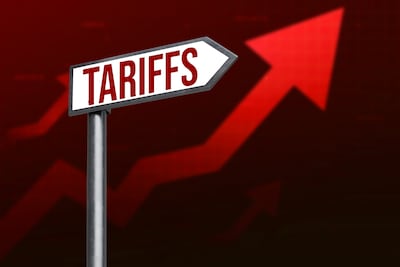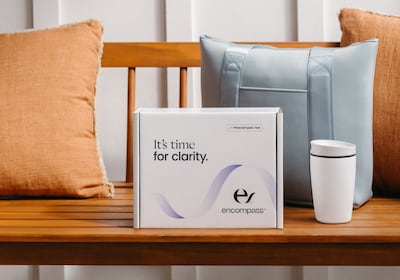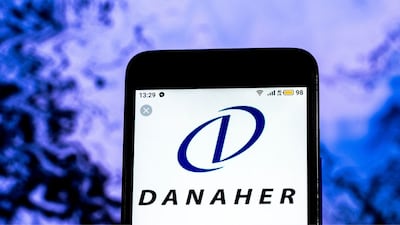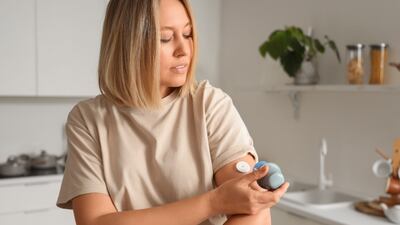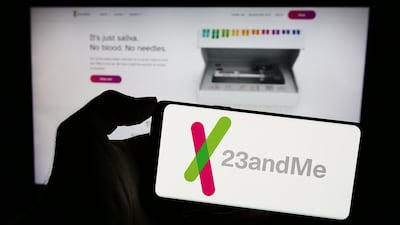With venture capital firms increasingly interested only in device start-ups aimed at hundred-million-dollar or more markets, finding backers for new technologies with smaller applications is almost impossible. The problem is that venture capitalists can't exit niche companies—recent IPO markets have been brutal to young companies with demonstrated double-digit sales, let alone those with smaller targets. And, potential acquirers, the big device companies who continually need new products to replenish their portfolios, aren't necessarily willing to pay for a whole company just to get a narrow technology. While they once offered premiums on the expectation they'd derive synergies from such an acquisition, they are no longer as eager to do so.
At least that's the perception of several entrepreneurs who have in the past year started medical device incubators to develop raw material into commercially acceptable products and then sell those products to big device companies without actually building companies of their own
Read the full article – start your free trial today!
Join thousands of industry professionals who rely on Medtech Insight for daily insights
- Start your 7-day free trial
- Explore trusted news, analysis, and insights
- Access comprehensive global coverage
- Enjoy instant access – no credit card required
Already a subscriber?

